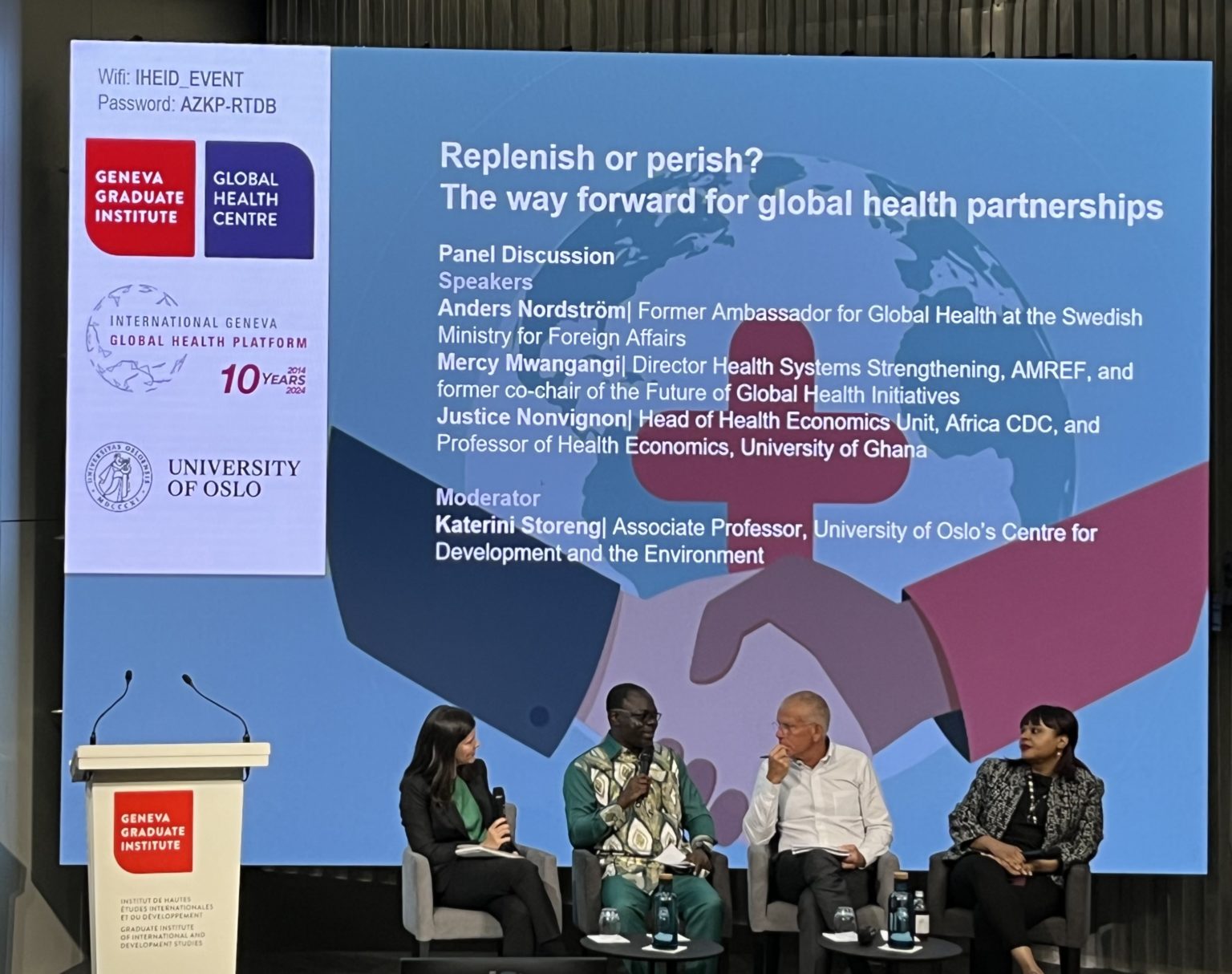In a recent article published on Health Policy Watch, titled “Should Global Health Initiatives Have a Termination Date?”, experts discuss the future of global health initiatives (GHIs) like Gavi and the Global Fund. These organizations, initially small and grassroots, have grown into major players in global health over the past 25 years, driving progress on numerous health challenges. However, several experts on global health finance argue that these large non-UN multilateral organizations need to gradually devolve more functions to countries and transform into more cost-effective, country-based institutions.
During a discussion hosted by the Geneva Graduate Institute alongside the 77th World Health Assembly, the potential for these GHIs to fragment global health efforts and challenge the authority of the World Health Organization (WHO) was highlighted. Critics also pointed out the dominance of donor and private-sector interests within these organizations and the lack of accountability.
Professor Katerini Storeng from the University of Oslo emphasized that GHIs like Gavi and the Global Fund reshaped global health governance by incorporating private sector principles, which led to significant achievements but also raised concerns about transparency and accountability. Antoine de Bengy Puyvallée, a PhD Fellow at the University of Oslo, noted that GHIs have expanded their mandates and grown significantly in size and budget, which complicates their original missions and further challenges accountability.
Mercy Mwangangi from AMREF Health Africa proposed five key strategic shifts to make GHIs more transparent and accountable, emphasizing the need for investments in primary healthcare and greater alignment with national health plans. Similarly, Anders Nordstrom, a founding member of the Global Fund, called for improved coordination and transparency within GHIs.
Professor Justice Nonvignon from the Africa CDC suggested a termination date for GHIs by 2030 to encourage countries to take more responsibility for their health systems. This perspective underscores the need for countries to reduce dependency on external aid and strengthen their domestic health financing mechanisms.
The article concluded with a call for a frank discussion on the sustainability of GHIs and the need for countries to independently secure their health financing futures.


